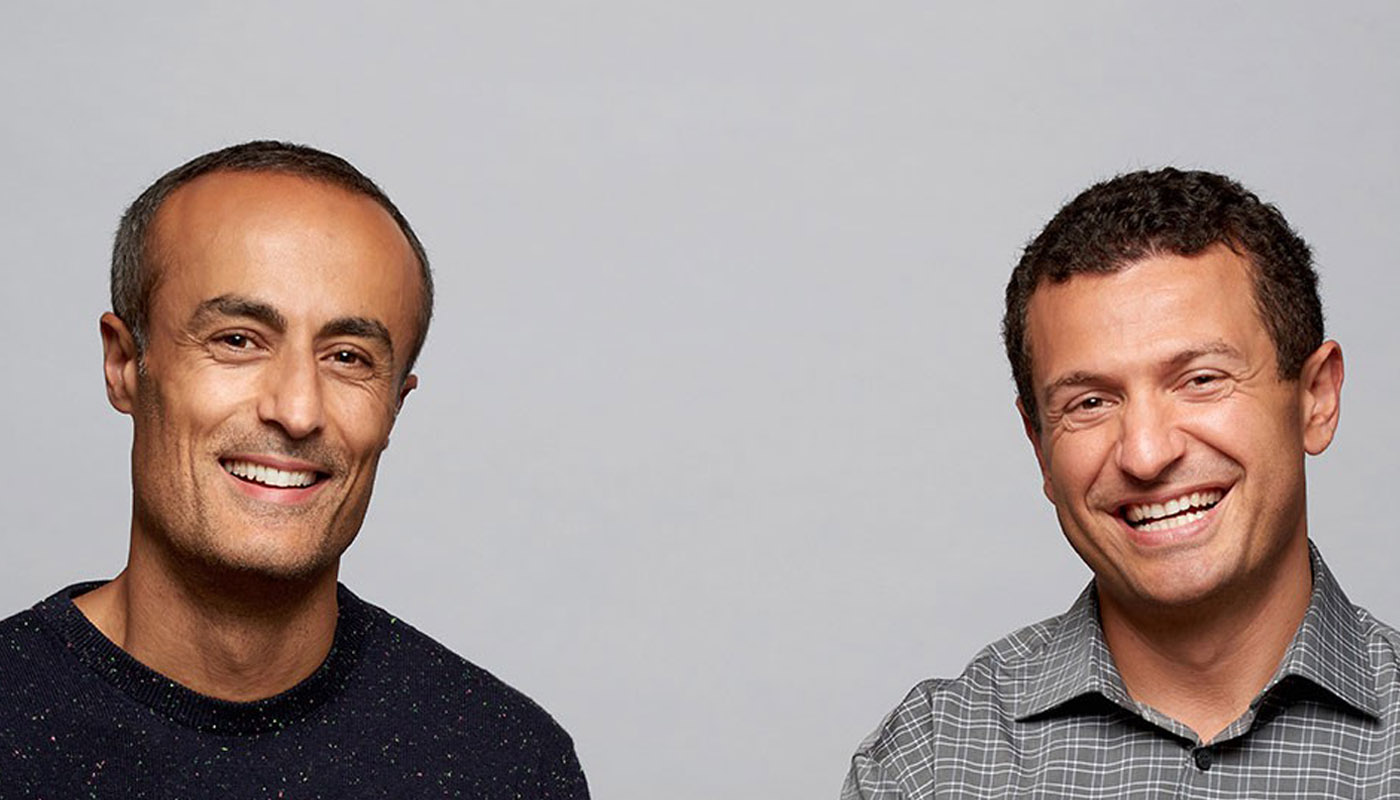By Ali Diab & Rajaie Batniji
Collective Health was born out of a rough experience with healthcare. In 2013, I suddenly experienced intense, sharp pain in the middle of my abdomen. An emergency scan revealed the source of my pain — my intestines had twisted upon themselves, cutting off the blood supply to about ten feet of my small intestine. This was a life-threatening condition that required emergency open abdominal surgery. Nothing could have prevented or predicted this. It was just bad luck.
In addition to dealing with a difficult recovery, I faced the agony of battling with a health insurer that did not want to pay my massive hospital and surgical bill. My insurer claimed some of my surgical and hospital charges were experimental or the result of physician error, leaving me holding the bag for a shockingly large portion of the bill. Frustrated and exhausted from the experience, I called my friend, Rajaie, to ask for advice.
As a physician and political economist, Rajaie had seen this scenario play out before. Rajaie explained to me that my experience was pretty typical; that patients are often left to advocate for themselves in a healthcare system where all of the economic incentives are misaligned, and trying to get a clear answer from your health insurance company about what’s driving costs is impossible. The result: one-fifth of our country’s GDP goes toward paying for something where there is no clarity on why things cost what they do, and the customer experience of interacting with your health insurer feels like entering a time warp back to 1980.
We deserve better.
After several long bike rides and early morning coffees before his rounds at Stanford Hospital, Rajaie and I decided to dedicate ourselves to fixing how Americans pay for healthcare. As we began our journey, we discovered how much we needed to learn to deliver on our vision of a transparent healthcare system. At the same time, we intentionally chose to neglect the status quo and to ask questions that people from within the industry don’t seem to want to ask:
- Why have insurance premiums and deductibles risen so much faster than underlying healthcare costs over the past twenty years?
- Why do we receive something in the mail after seeing the doctor that looks like a bill, but says “THIS IS NOT A BILL” at the top?
- Why hasn’t anyone taken full advantage of software technology to streamline how companies pay for healthcare?
The more we’ve uncovered, the more we’re convinced that the experience of paying for healthcare needs to be incomparably better than what it is today. Since employers pay for most private health insurance, we believe the opportunity to fix private healthcare must start with forward-looking companies and their people.
We’re not building another health app or gadget — we’re building a complete solution to replace your employer health insurance. To that end, we are extremely fortunate to have a talented, multi-faceted team working with us to tackle this difficult problem from all angles — design, engineering, finance, law, medicine, product management, and operations. As a team, we are dedicated to delivering a customer experience that treats each person we serve with the passion and commitment that we would expect for ourselves.
No one should have to battle for their healthcare. We believe accessing and paying for healthcare ought to be simple, transparent and feel good. That’s what we’re working towards at Collective Health.
We invite you to join us.
Ali & Rajaie



